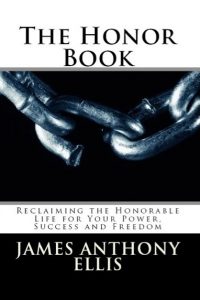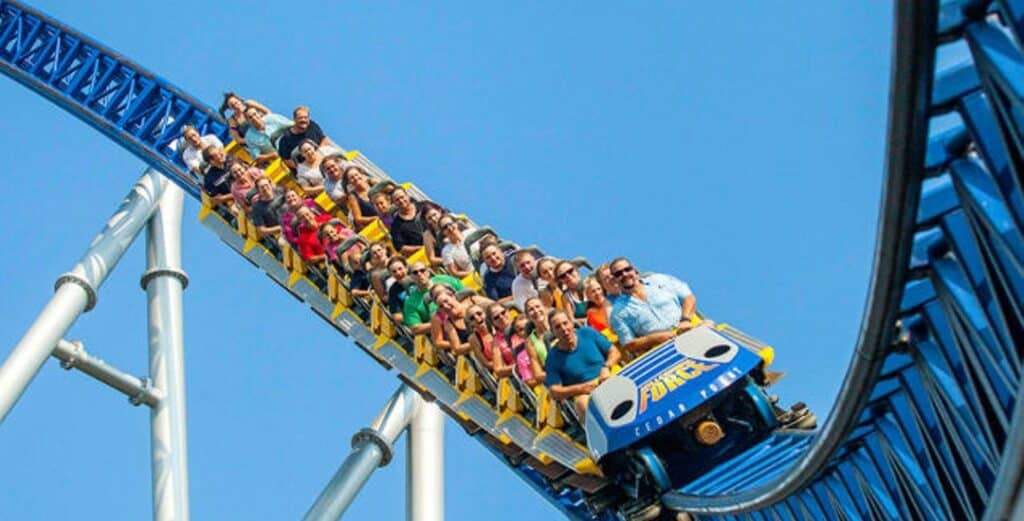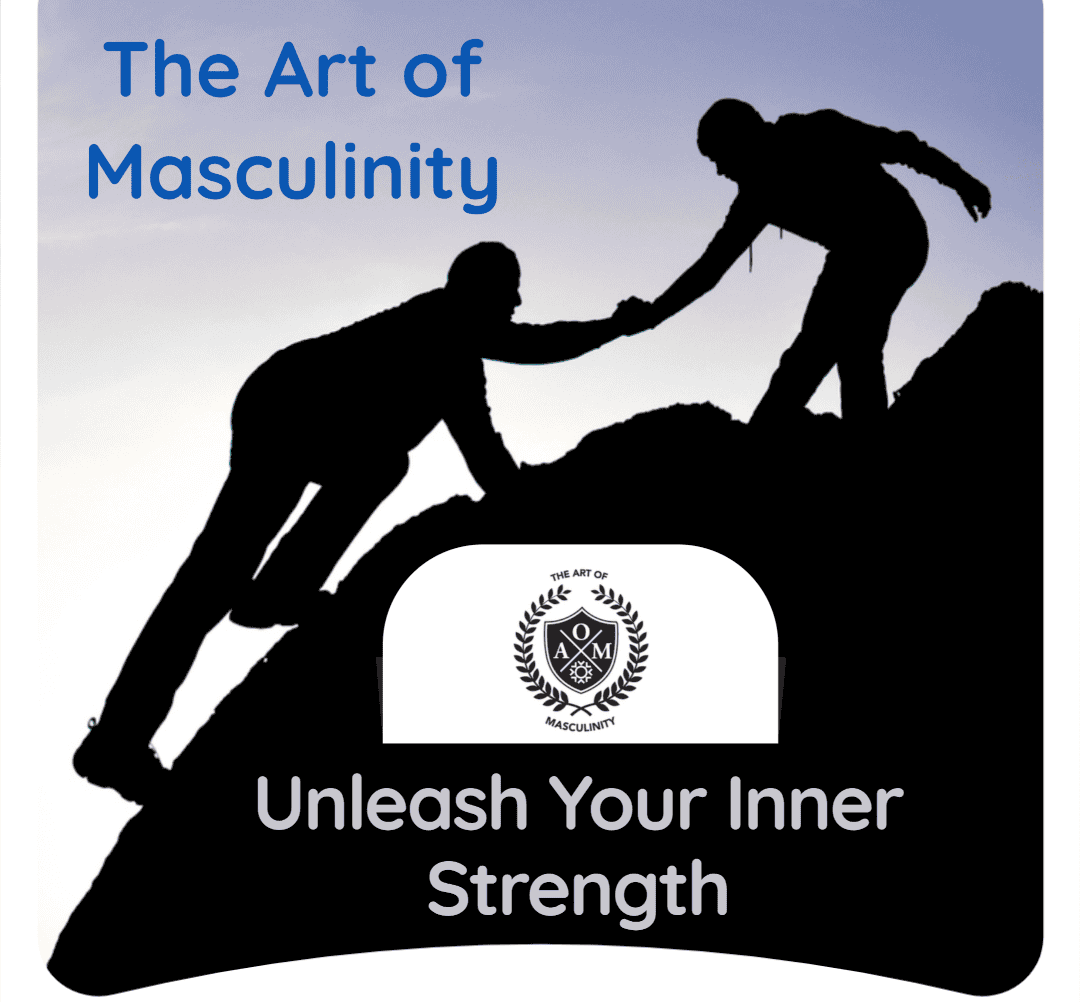James Anthony Ellis
Editor, Legacy Magazine
The roller coaster stands before you. You recall it from one of your childhood trips to an amusement park.
Look up at it. What do you see?
Is it a large coaster? Is it small? Watching the riders on it, do you feel some concern? Do you feel adrenalin in your body? With a knot in your stomach, do you look over at a friend and say, “I don’t know about this.”
Or do you think little of it, and move along for another ride, one a bit more enticing and thrilling?
Now, consider the moments after riding one of the scary and humongous roller coasters, the ones with the giant dips and hairpin turns and intense loops.
Directly after the ride was over, what was your response? How did you feel? How was your stomach? What were you telling your friend who joined you on the ride?
I ask for a reason. I recall that some of the more joyous, raucous, laughing times with pals was after riding big rides such as Disneyland’s Space Mountain or Indiana Jones, or Magic Mountain’s Colossus, Midnight Express or X.
I can still recall my 11-year-old niece’s face before we rode Batman as we stood in line in the early 1990s. She’s looking down at the ground, shifting her feet, saying “I can’t believe you’ve talked me into riding this ride.”
“I know,” I say plainly.
Immediately after the ride was over, she was all, “Thank you so much for talking me on this awesome ride!” Her face beaming. Her glee over the top. And that wasn’t even the biggest ride in the park. I think ultimately we did get around to Superman and the Revolution after the Jet Stream, Log Jammer and the Gold Rusher.
On the long drive home, she fell asleep before we even left the parking lot.
Bottom line to these amusing stories? There is nothing more exhilarating and uplifting than that time period RIGHT after overcoming what appears to be an impenetrable barrier.
What value is there without some barrier present? Would there be as much fun, joy and “success” without those barriers to overcome?
- The pro tennis player would not celebrate beating a grammar school kid.
- The Lombardi trophy would not be hoisted high in victory if it were stolen.
- There are no flags atop molehills.
It takes the tallest mountains to warrant staking a flag. It takes great competition and adversity to warrant the raising of a trophy overhead. It takes the arduous training to cross the finish line of the marathon.
It takes the barriers to bring the real glory and elicit the most joy.
You see it in so many situations of true triumph.
I recall liking this one girl when I was in my early 20s. I knew I had no chance with this model type gal. But I couldn’t help it. I liked her. I tried to think it away, logic it away, push it away. I finally surrendered and wrote her a sweet love letter and left it at her work. I was pretty much embarrassed about the whole thing. I got a letter back from her. At first I was thinking it was gonna be kind but a bit dismissive, as if saying, “That’s cute and all, and you’re a nice guy and all, but …”
Well, the letter ended with something about loving me, and I hit the roof. I went across the street to the mall and just walked – actually pranced – for about an hour waving at everyone I passed, my face shining so bright with this beaming exuberance emanating from my soul. People waved back and could probably see the light-show on my face. It was pretty much my Rudolph’s “She said I’m cute” moment, with me ready to take off into the air.

Looking back, I see that before this experience I was living on one side of a barrier, with a certain mind-set, and after the experience I jumped right over to another side. What got me so high? It wasn’t just the response I got, though that helped I’m sure. It was more my willingness to walk up to and not back down from a huge self-limiting barrier.
Barriers will always be with us. It wouldn’t be a good movie without the hero coming up against an obstacle (or 100) and then getting past them towards some form of uplifting ending.
Every day we can live the arc. We can bump into our internal and external barriers. We can make our choices to meet them head-on and address them. We can feel the struggle, the push and the pull.
We can walk up to and ride the wildest of roller coasters in this amusement park of life. And then we can – if we don’t quit and keep our mind on the goal – arrive at a destination beyond any barrier.
And then – oh yes – the best part of all: we can feel what it’s like on the other side.

James Anthony Ellis is an award-winning playwright, journalist and filmmaker, who is the author of eight books, including the men-focused “The Honor Book” available HERE.

